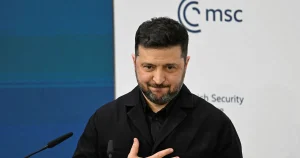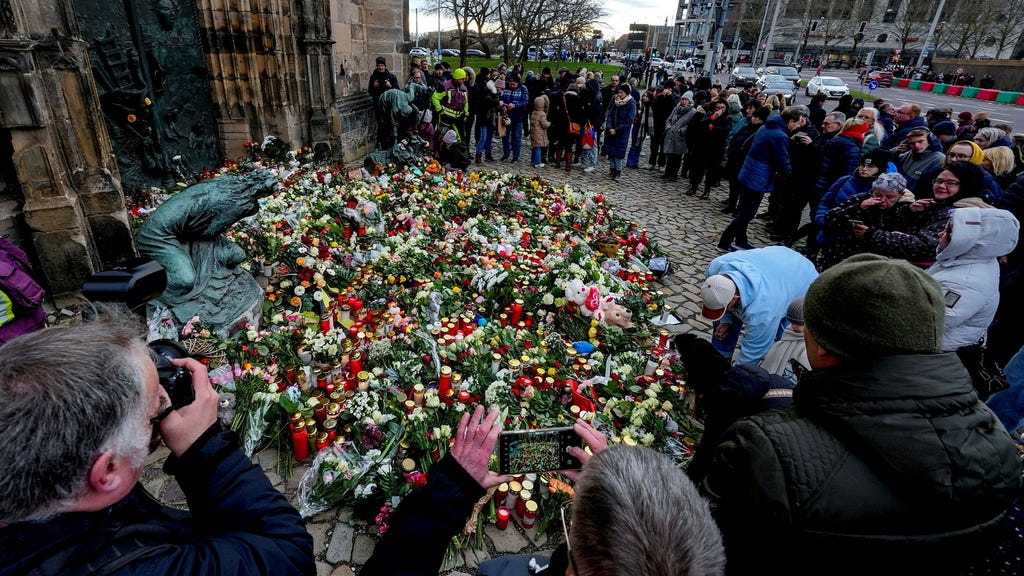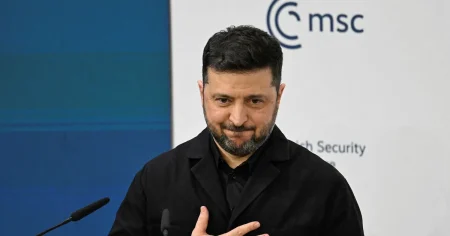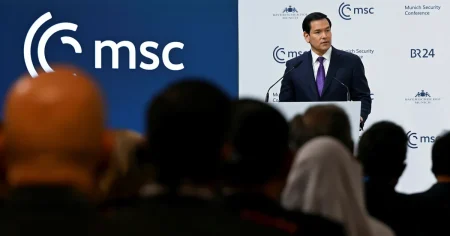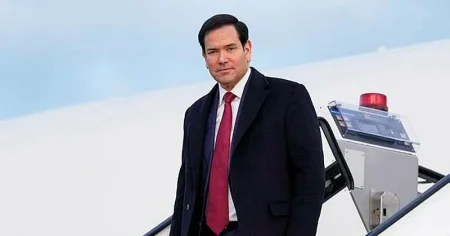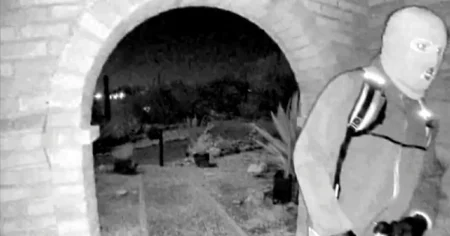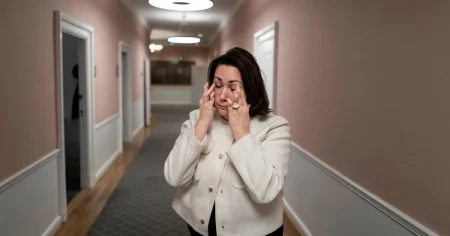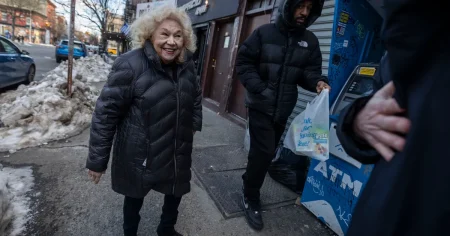The charm of German Christmas markets has been irrevocably altered. Once synonymous with the warmth of Glühwein, the sweetness of Lebkuchen, and the savory aroma of Bratwurst, these festive gatherings are now punctuated by stark reminders of the threats that lurk beneath the surface. Concrete barriers, security checkpoints, and a heightened police presence have become integral parts of the Christmas market experience, a stark contrast to the jovial atmosphere they are intended to protect. The carefree joy of Christmas markets past is now tempered by an undercurrent of anxiety, a palpable tension that hangs in the air alongside the scent of roasted chestnuts and pine needles. This shift was viscerally apparent during a recent visit to the Breitscheidplatz Christmas market in Berlin, a location still haunted by the devastating truck attack eight years prior.
The Breitscheidplatz market, known for its vibrant, albeit touristy, atmosphere, is now indelibly linked to the tragedy of 2016. The terrorist attack, perpetrated by Anis Amri, a Tunisian asylum seeker and ISIS sympathizer, claimed thirteen lives and injured dozens more. The attack targeted not only holiday revelers but also the very heart of German tradition, striking at a beloved cultural institution comparable to an attack on a cherished national landmark. The festive spirit of the marketplace was shattered, replaced by the horrific reality of violence and loss. The incident served as a stark reminder of the vulnerability of public spaces and the ever-present threat of terrorism, forever changing the landscape of Christmas markets in Germany.
In the aftermath of the Berlin attack, security measures at Christmas markets across Germany were drastically amplified. Significant financial resources were allocated to bolstering security infrastructure, including the installation of concrete barriers, increased surveillance, and a greater presence of security personnel. These measures were intended to prevent a recurrence of the tragedy and reassure the public. However, despite these efforts, another attack occurred, this time in the less conspicuous city of Magdeburg, demonstrating the chilling reality that complete protection is an elusive goal.
Magdeburg, a city steeped in medieval history, is hardly a major international tourist destination. Known for its historic cathedral and rows of Bauhaus-inspired townhouses, it seemed an unlikely target for a large-scale attack. Yet, the unthinkable happened, underscoring the indiscriminate nature of terrorism and the difficulty of predicting or preventing such acts of violence. The attack in Magdeburg exposed the limitations of security measures, raising uncomfortable questions about the balance between safety and freedom, and the extent to which public spaces can truly be secured against those intent on causing harm.
The attack in Magdeburg immediately sparked a heated debate about the adequacy of security measures and the responsibility of officials to protect citizens. Reiner Haseloff, the governor of Saxony-Anhalt, where Magdeburg is located, called for a public discussion on how to restore a sense of security. This echoes the sentiments expressed after the Berlin attack and countless other acts of violence in recent years, highlighting the ongoing struggle to reconcile the desire for safety with the preservation of fundamental freedoms. The question lingers: how can societies protect themselves from those intent on inflicting harm without sacrificing the very values and freedoms that define them?
The dilemma facing Germany is reflected in an interview conducted a year after the Berlin attack with the security chief of Nuremberg’s renowned Christmas market. Christine Schüßler acknowledged the impossibility of transforming Christmas markets into fortresses, recognizing that excessive security measures would erode the very essence of these cherished gatherings. The challenge lies in finding a balance between protecting the public and preserving the open, festive atmosphere that makes Christmas markets so special. The attack in Magdeburg reinforces the sobering truth that absolute security is unattainable, and that the vulnerability of public spaces remains a persistent challenge in an increasingly uncertain world. The festive spirit of Christmas now coexists with a heightened awareness of the fragility of peace and the enduring need for vigilance.



